24+ Years Experience
Specialist Epoxy Resin Flooring

Enquire Today For A Free No Obligation Quote
Safety Barriers for Epoxy Resin Flooring: The Ultimate Guide to Protection
Epoxy resin flooring is a popular choice for many industrial and commercial spaces due to its durability, chemical resistance, and aesthetic appeal. However, it is crucial to prioritize safety when installing and maintaining epoxy resin floors. This guide will provide comprehensive information about the importance of safety barriers and how they can protect both workers and the flooring itself.
Understanding Epoxy Resin Flooring
Epoxy resin flooring is a seamless and high-performance flooring system composed of epoxy resin and hardeners. It creates a durable and smooth surface that is resistant to chemicals, impacts, and stains. This section will answer common questions about epoxy resin flooring, such as what it is and the benefits it offers.
Importance of Safety Barriers
Safety barriers play a vital role in protecting epoxy resin flooring. They act as a physical barrier to prevent accidental slips, falls, and impacts on the flooring, reducing the risk of damage or injury. This section will explore why safety barriers are essential for epoxy resin flooring, highlighting the potential hazards and the benefits of implementing appropriate safety measures.
Types of Safety Barriers for Epoxy Resin Flooring
There are two main types of safety barriers for epoxy resin flooring: temporary and permanent. This section will discuss each type in detail, including their features, advantages, and best applications. Understanding the different types of safety barriers will help you choose the most suitable option for your specific needs.
Choosing the Right Safety Barriers
Selecting the right safety barriers for epoxy resin flooring requires careful consideration. This section will outline the factors that should be taken into account when choosing safety barriers, such as the type of facility, traffic levels, and regulatory requirements. By following these guidelines, you can ensure that the safety barriers you select are effective and compliant.
Installation and Maintenance of Safety Barriers
Proper installation and regular maintenance are essential to ensure the continued effectiveness of safety barriers. This section will provide instructions and tips for installing safety barriers correctly, including recommended techniques and tools. Maintenance guidelines will be outlined to help you keep the barriers in optimal condition for long-term protection.
Importance of Regular Safety Inspections
Regular safety inspections are crucial to identify any potential issues or damage to safety barriers. This section will highlight the importance of conducting regular inspections, the key areas to focus on, and the recommended frequency of inspections. By prioritizing safety inspections, you can promptly address any concerns and maintain a safe working environment.
Policies and Regulations for Safety Barriers
Implementing safety barriers for epoxy resin flooring involves compliance with industry regulations and policies. This section will provide an overview of the relevant regulations and guidelines to follow when installing safety barriers. By adhering to these policies, you can ensure that your safety barriers meet the required standards and provide effective protection.
By following this comprehensive guide to safety barriers for epoxy resin flooring, you can create a safer working environment and protect your investment in the flooring system. From understanding the basics of epoxy resin flooring to selecting and maintaining the appropriate safety barriers, this guide will equip you with the knowledge and insights needed for optimal protection.
Epoxy resin flooring is a durable and versatile option commonly used in commercial and industrial settings. It is a type of surface coating made up of epoxy resin and a hardener, creating a strong and chemical-resistant surface. This flooring is known for its seamless finish, which is easy to clean and maintain. Understanding epoxy resin flooring involves knowing its benefits, such as its ability to withstand heavy foot traffic, impact, and moisture. It is also important to consider the installation process and the proper maintenance techniques to ensure its longevity. Epoxy resin flooring can last up to 20 years with proper care and maintenance.
Epoxy resin flooring is a type of flooring made from durable and versatile epoxy resin. It is commonly used in industrial and commercial settings because of its strength, chemical resistance, and aesthetic appeal. Epoxy resin flooring is created by mixing epoxy resin with a hardener, resulting in a solid and tough surface. This flooring option is known for its seamless and glossy finish, which makes it easy to clean and maintain. It is also resistant to stains, impacts, and moisture, making it a popular choice for high-traffic areas. Epoxy resin flooring provides a durable and attractive flooring solution for various applications.
Epoxy resin flooring provides numerous advantages that make it a popular option in various commercial and industrial environments.
Considering these benefits, epoxy resin flooring is an excellent choice for industries such as manufacturing, warehouses, healthcare facilities, and more.
Safety barriers are crucial for the protection of employees, visitors, and the epoxy resin flooring. They play a vital role in accident prevention and maintaining a secure work environment. Here are some reasons that highlight the importance of safety barriers:
By prioritising the importance of safety barriers, businesses can provide a safer working environment for their employees and visitors while safeguarding their investment in epoxy resin flooring. Make sure to evaluate the specific needs and risks of the area to choose the most suitable safety barriers for your facility.
Safety barriers are essential for epoxy resin flooring to ensure the safety of workers and visitors. They provide physical boundaries that prevent unauthorised access to areas under construction or repair. Safety barriers also protect the freshly applied epoxy resin from damage, as it requires sufficient time to cure and harden properly. Without barriers, there is a risk of accidents, such as slips, trips, and falls, which can lead to injuries and delays in project completion. Safety barriers play a crucial role in preventing accidents, ensuring a safe working environment, and maintaining the integrity of epoxy resin flooring installations.
To enhance safety on epoxy resin flooring projects, consider the following suggestions:
| 1. Select sturdy and durable safety barriers that can withstand heavy impacts. |
| 2. Ensure that safety barriers are properly installed and regularly inspected for any damage or wear. |
| 3. Train workers on the importance of safety barriers and the proper procedures for working with epoxy resin flooring. |
| 4. Comply with relevant policies and regulations regarding safety barriers to meet industry standards and legal requirements. |
| 5. Conduct regular safety inspections to identify and address any potential hazards or issues related to safety barriers. |
Types of Safety Barriers for Epoxy Resin FlooringDiscover the world of safety barriers for epoxy resin flooring. In this section, we will discuss the different types of safety barriers available. From temporary solutions to permanent fixtures, we will explore the options that ensure a safe environment. Let’s dive in and explore the various safety barriers that protect epoxy resin flooring in a variety of settings.
Temporary safety barriers are essential for ensuring safety during the installation and maintenance of epoxy resin flooring. They provide temporary protection for workers, equipment, and the surrounding areas. When selecting the appropriate temporary safety barriers, several factors should be considered. These include the size and layout of the work area, the type of flooring being installed, and any specific safety regulations or requirements. Proper installation techniques, such as securely anchoring the barriers and ensuring clear signage, are crucial for their effectiveness. Regular safety inspections should also be conducted to identify potential hazards or areas that may need additional protection. Overall, temporary safety barriers are a vital component in safeguarding workers and maintaining a safe work environment for epoxy resin flooring projects.
Permanent safety barriers play a crucial role in ensuring the safety and protection of workers and visitors in areas with epoxy resin flooring. These barriers serve as physical barriers that restrict access to hazardous areas, thereby reducing the risk of accidents and injuries. Here are some important considerations to keep in mind when it comes to permanent safety barriers for epoxy resin flooring:
|
By selecting and implementing permanent safety barriers correctly, it is possible to create a safer work environment and minimise the potential risks associated with epoxy resin flooring.
Are you looking for the perfect safety barriers for your epoxy resin flooring? If so, you’ve come to the right place. This guide will discuss the important factors to consider when choosing the right safety barriers. We will cover everything from assessing your specific needs to selecting the most suitable options. Whether you need protection for heavy machinery or pedestrian safety, we will help you navigate the wide range of available options. Get ready to create a secure and hazard-free environment with our ultimate guide to safety barriers for your epoxy resin flooring.
When considering safety barriers for epoxy resin flooring, there are several factors to take into account in order to ensure effectiveness and proper protection.
When it comes to installing and maintaining safety barriers for epoxy resin flooring, it is important to know the key techniques and guidelines. This section will focus on the proper installation techniques and essential maintenance guidelines for these barriers. Prepare to learn the best practices for ensuring the ultimate protection of your epoxy resin flooring.
Proper installation techniques for safety barriers are essential to ensure their effectiveness in providing protection. Here are the key steps to follow:
In a large warehouse, the proper installation of safety barriers prevented a serious accident. An employee inadvertently stepped into a restricted area, but the installed barriers prevented them from falling into a hazardous area, averting a potentially life-threatening situation.
Proper maintenance of safety barriers is essential to ensure their effectiveness and longevity. Here are some guidelines for maintaining safety barriers:
A construction site implemented strict maintenance protocols for their safety barriers. As a result, they prevented accidents and ensured a safe working environment for their workers, saving time and money in the long run.
Regular safety inspections are vital for maintaining the integrity and effectiveness of safety barriers in epoxy resin flooring.
To maximize the benefits of regular safety inspections, it is important to involve qualified professionals who have the necessary expertise and knowledge to identify potential issues and provide appropriate solutions. Implementing a regular inspection schedule and keeping thorough documentation of inspections can further enhance safety and compliance.
Policies and Regulations for Safety Barriers
Installing safety barriers for epoxy resin flooring requires adherence to specific policies and regulations.
Here are some key considerations:
1. Health and Safety Regulations: It is important to ensure compliance with local health and safety regulations, such as those set by the Health and Safety Executive (HSE) in the UK.
2. Building Codes: It is necessary to review building codes and regulations to determine the required specifications for safety barriers, including height, strength, and durability.
3. Risk Assessments: Thorough risk assessments should be conducted to identify potential hazards and determine the appropriate type and placement of safety barriers.
4. Maintenance Standards: Safety barriers should be regularly inspected and maintained to ensure that they remain secure and in good working condition.
5. Accessibility Requirements: Accessibility requirements, including provisions for wheelchair access and other mobility needs, should be taken into consideration.
It is crucial to consult with experts and authorities who can provide guidance on specific policies and regulations in your local area.
The safety barriers for epoxy resin flooring include fibreglass reinforcements, carbon fibre, and structural adhesives that enhance the strength and stability of the flooring.
The best options for epoxy resin flooring include custom decorative techniques, design choices with a wide range of color and pattern options, and the ability to add top coats and additives for a unique and elegant flooring solution.
The cost advantages of epoxy resin flooring include the ability to pour it over an existing floor with minimal preparation services, saving money on removal and preparation. It also has a long lifespan, reducing the need for frequent replacements.
Yes, epoxy resin flooring offers water resistance, serving as a moisture vapor barrier in basements and protecting against spills. It can also help prevent foundation warping and cracking in flood-prone areas.
Epoxy resin is commonly used in electrical applications such as building motors, generators, transformers, insulators, and printed wiring boards. It provides high levels of electrical insulation and component protection.
Epoxy resin adhesives offer excellent adhesive properties, durability, and resistance to chemicals and moisture. They are commonly used to bond various materials such as aircraft parts, golf clubs, skis, and snowboards.
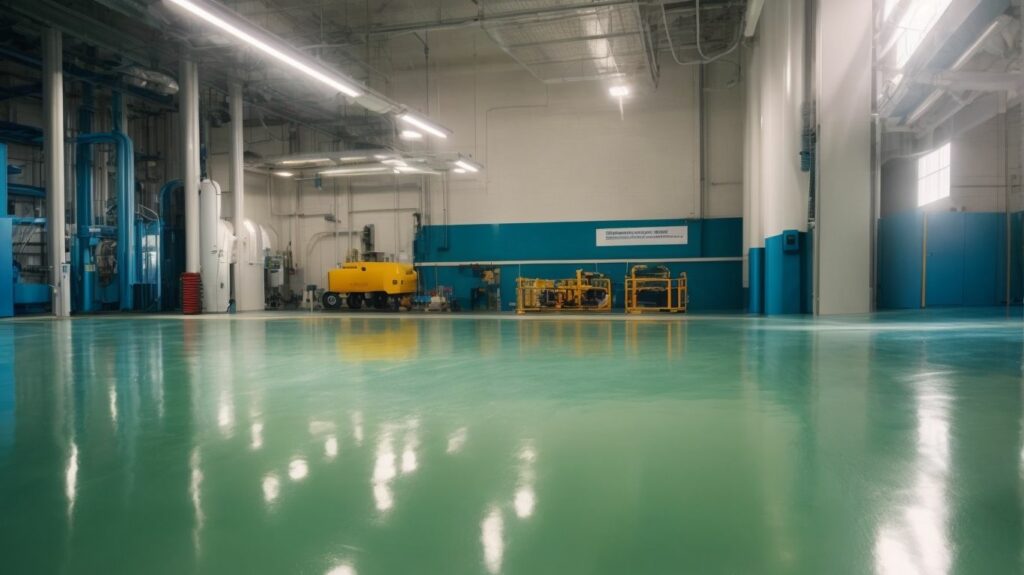

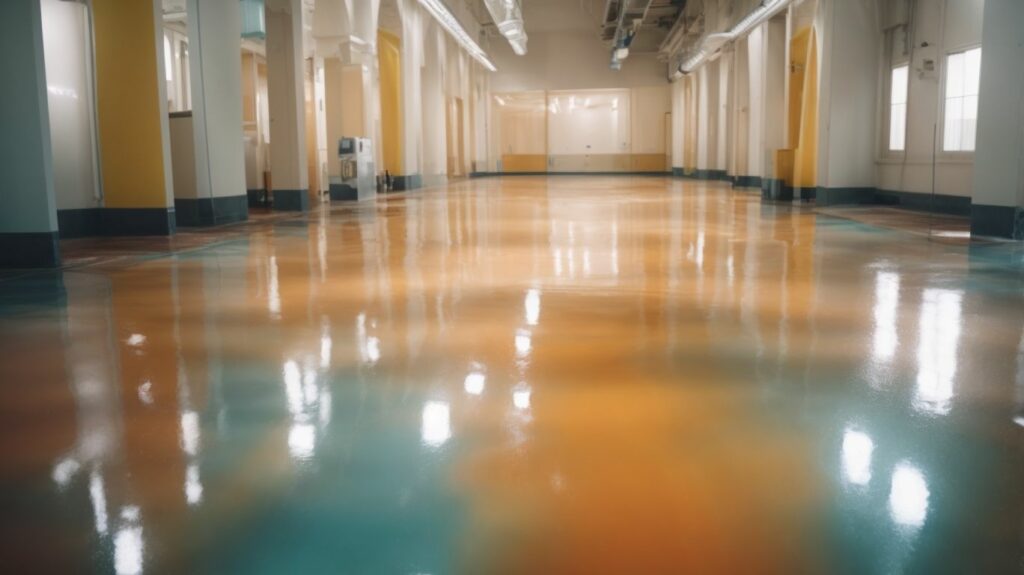




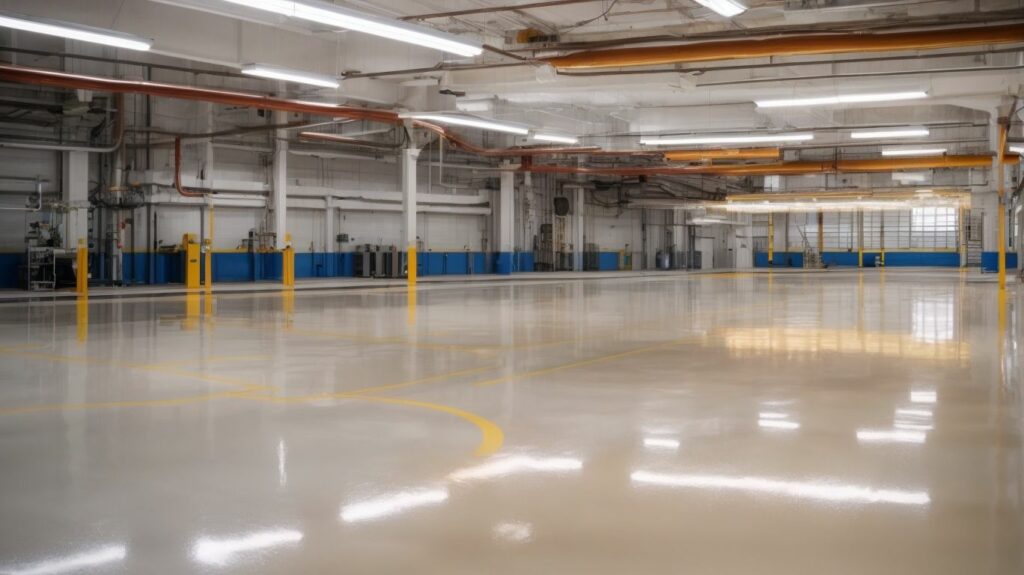
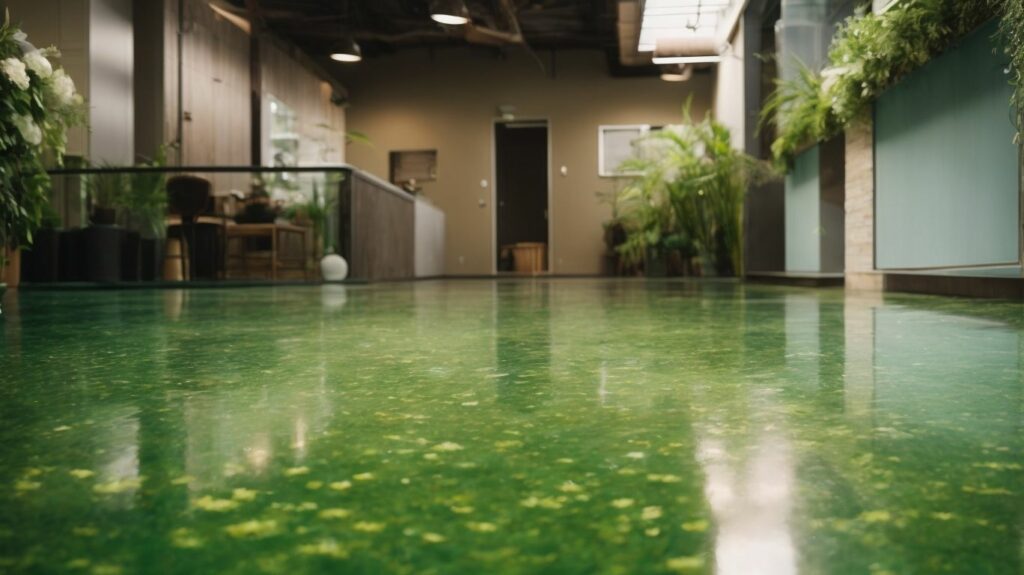

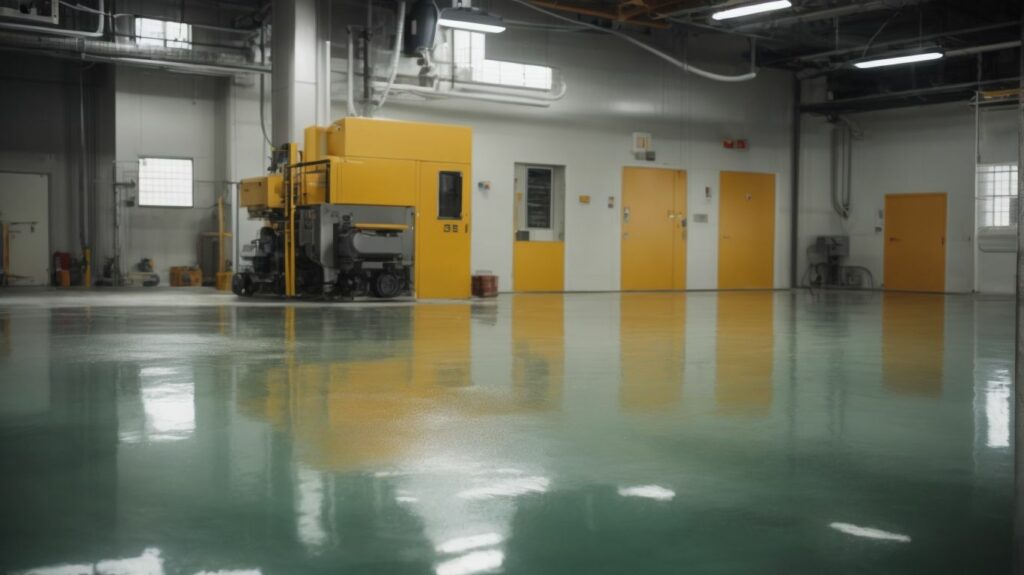

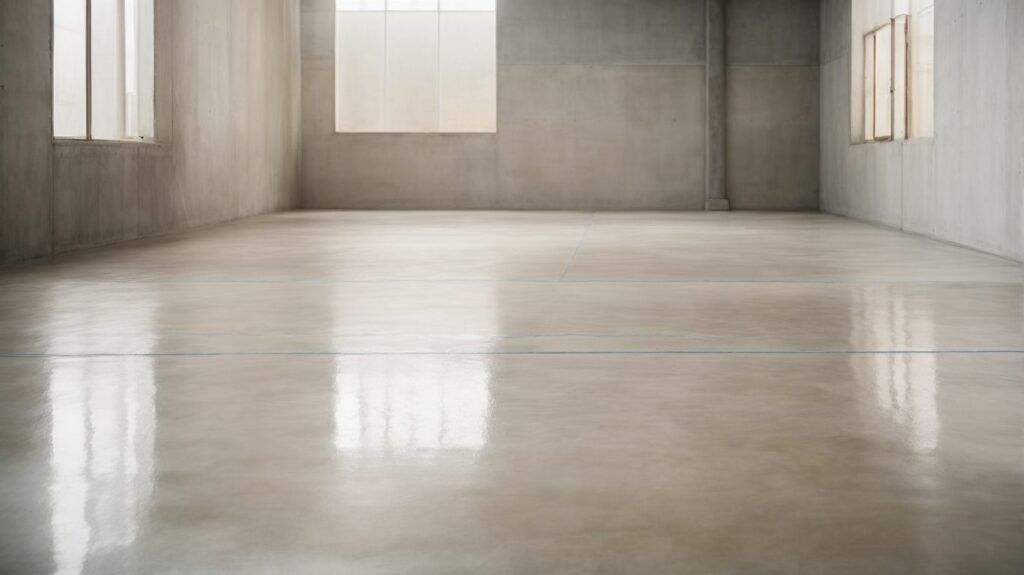




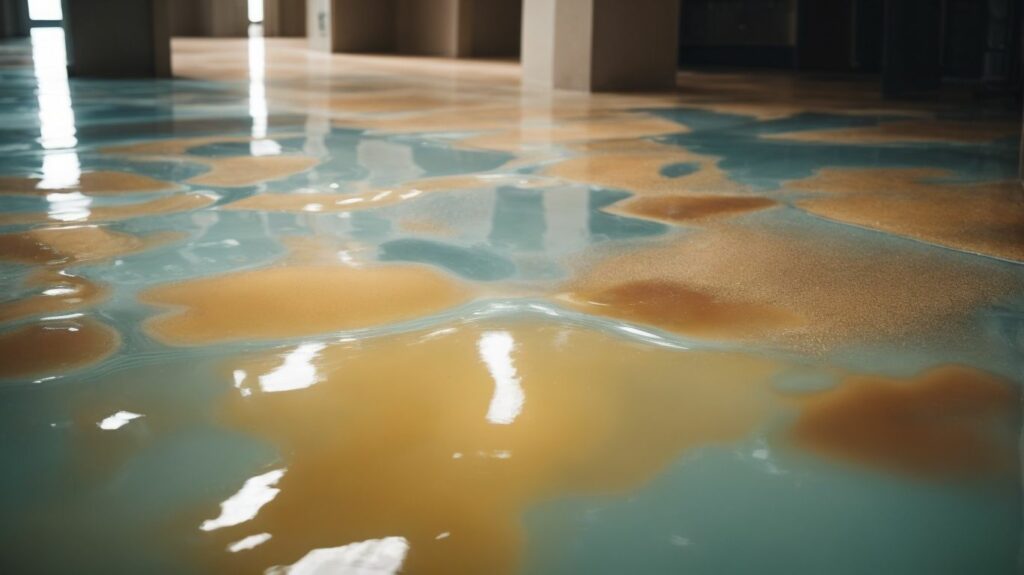
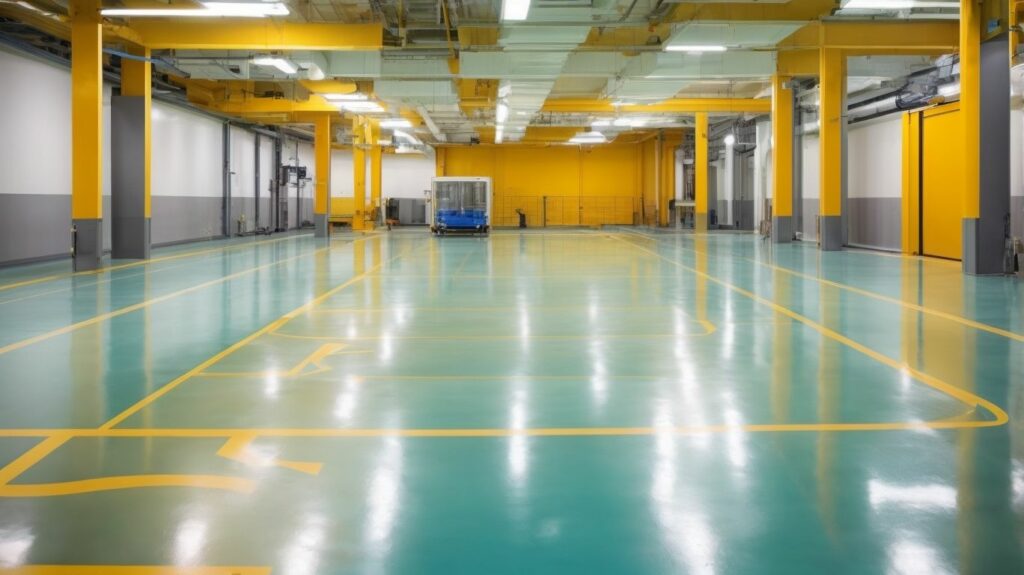
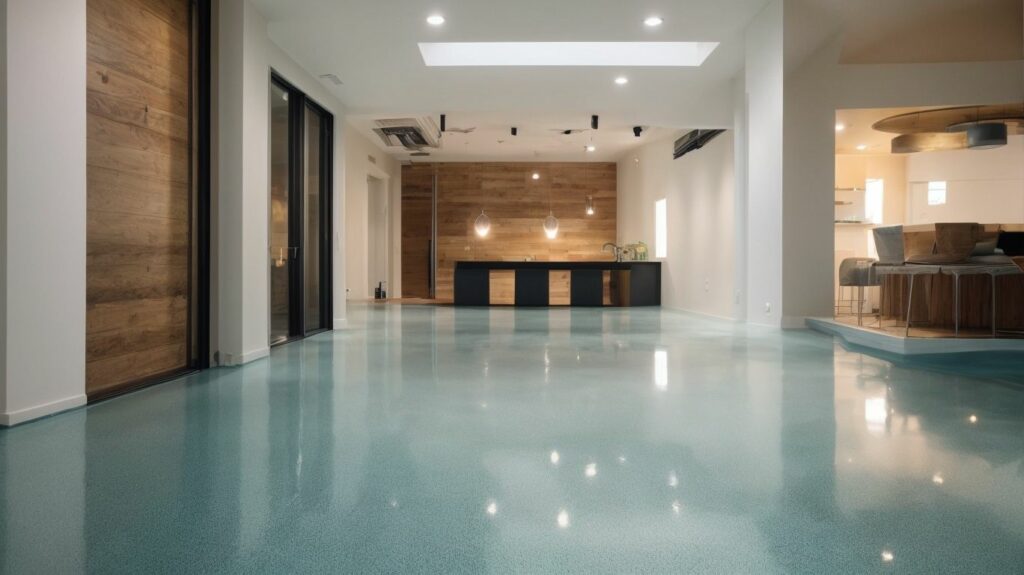

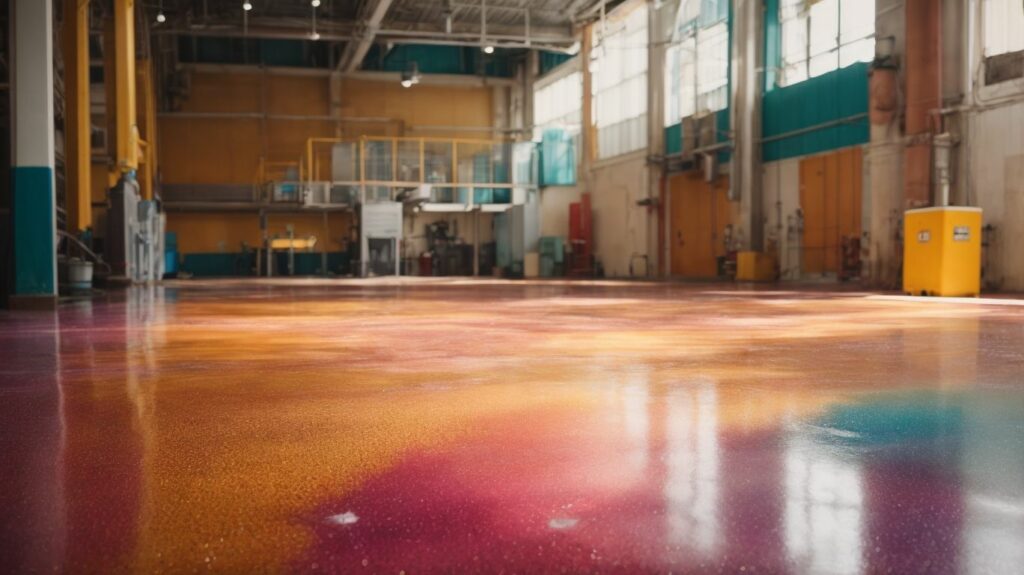
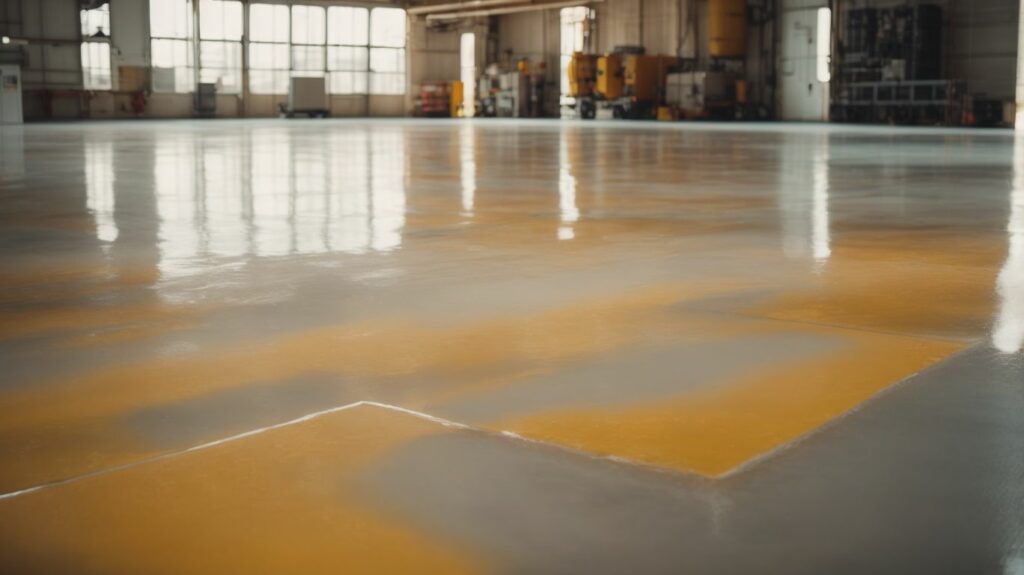
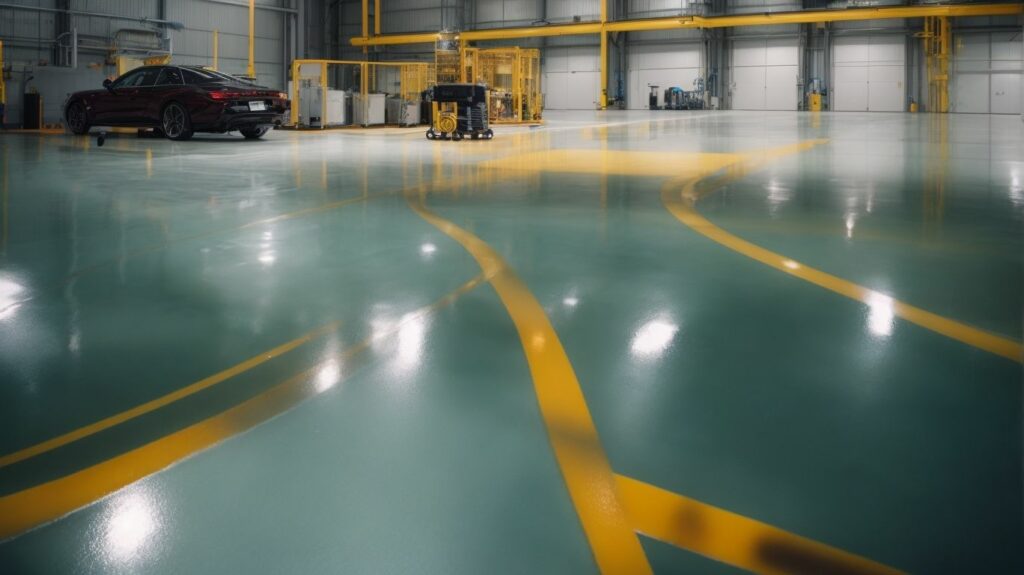

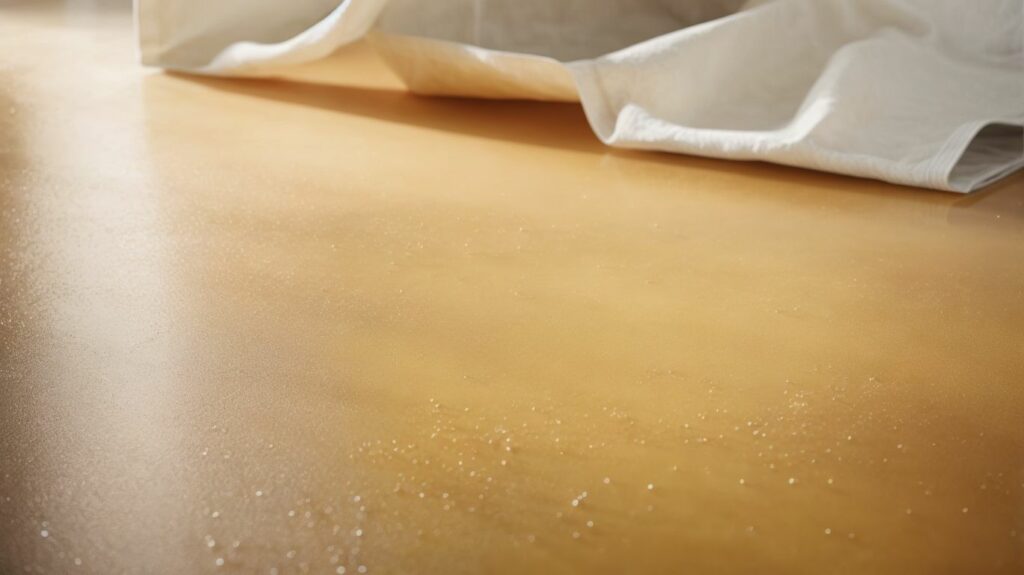

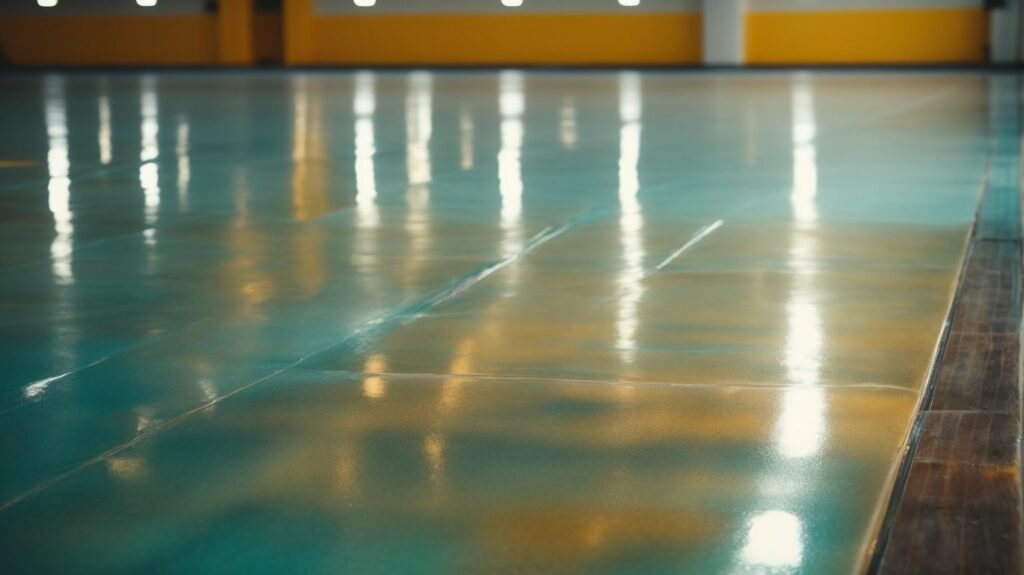


We Aim To Reply To All Enquiries With-in 24-Hours